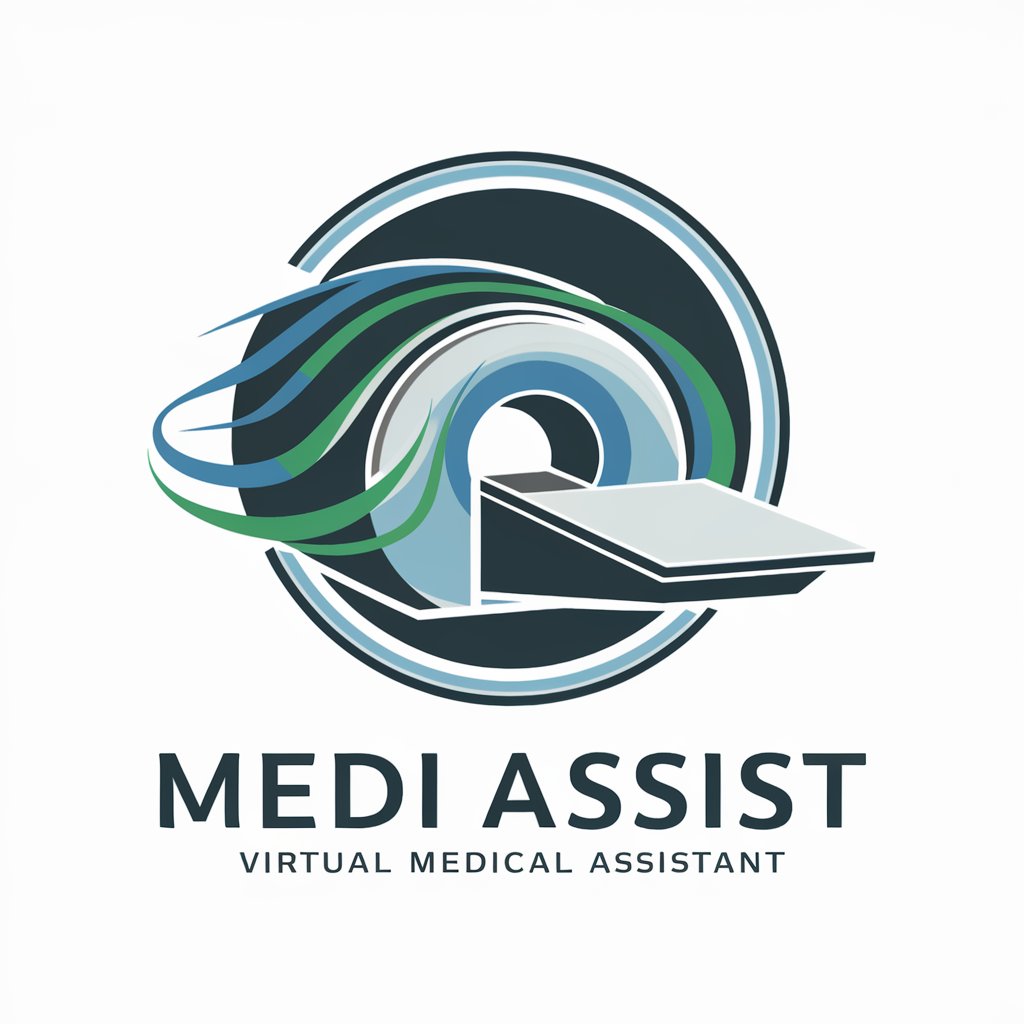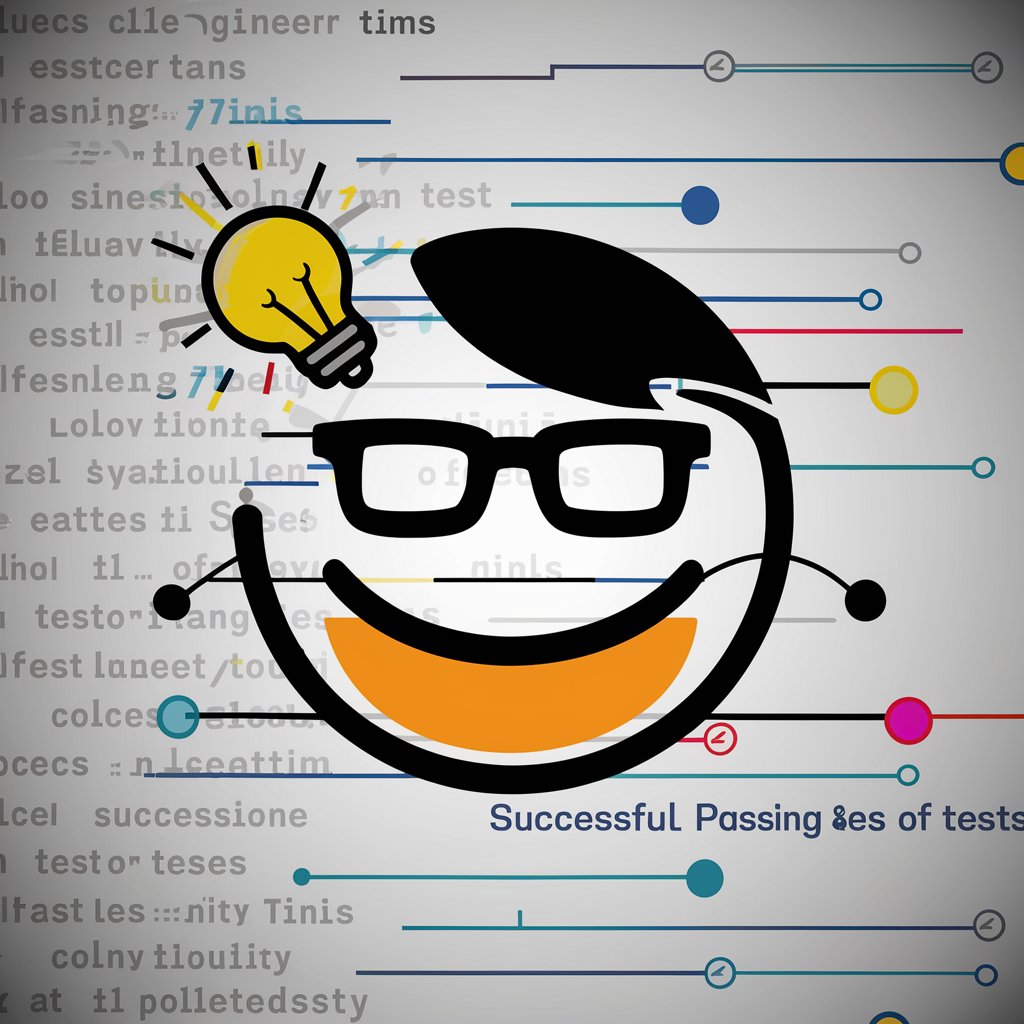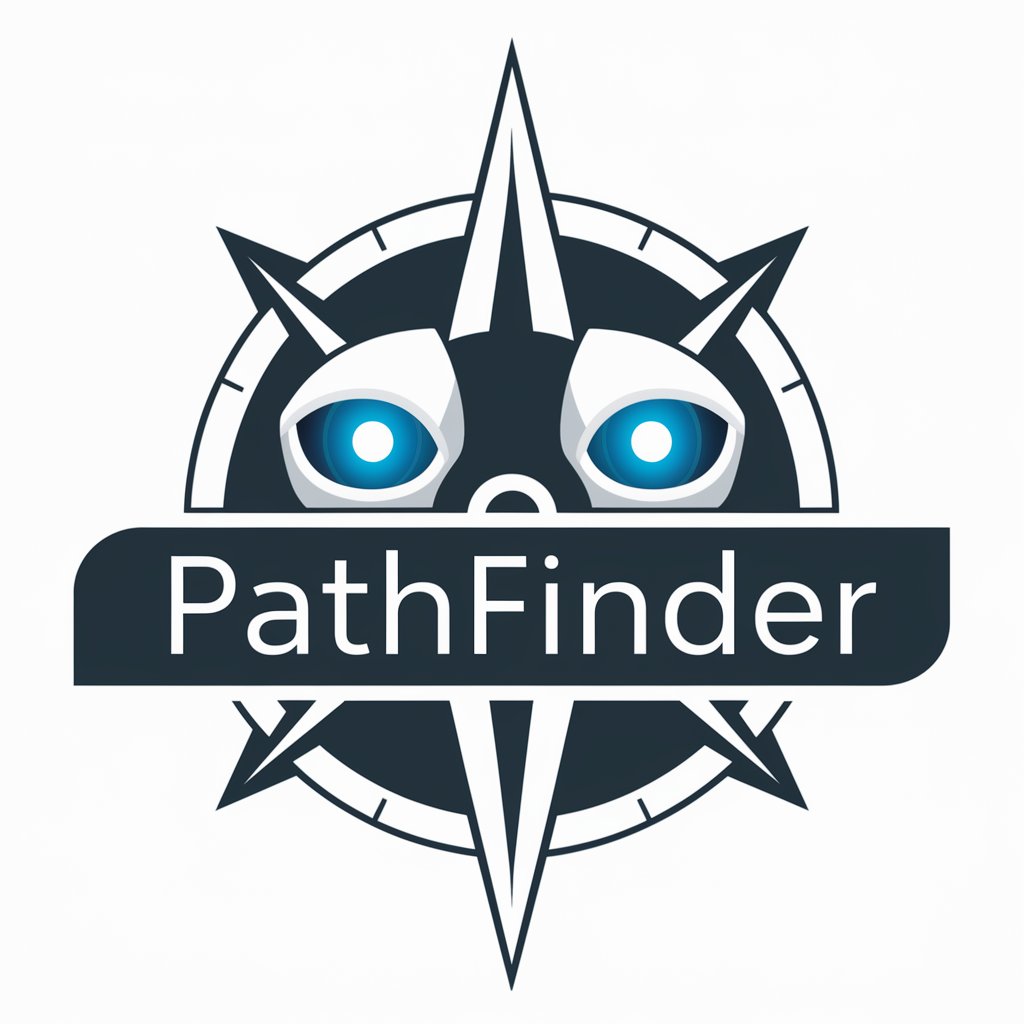Medi Assist - AI Medical Imaging Assistant

Hello! Need insights on your medical imaging? I'm here to help.
Empowering medical diagnostics with AI.
Create a detailed guide for interpreting MRI scans of the brain.
Explain the common findings in chest X-rays for diagnosing pneumonia.
Provide an overview of the different types of medical imaging modalities.
Summarize the key indicators of a healthy bone structure in X-rays.
Get Embed Code
Overview of Medi Assist
Medi Assist is designed as a sophisticated support tool for interpreting medical imaging, such as X-rays and MRIs. It assists users by providing contextual information from medical databases and literature that can help in the analysis of these scans. While Medi Assist offers insights based on a vast array of medical data, it is explicitly not a replacement for professional medical advice. Its primary function is to augment the decision-making process of healthcare professionals by presenting relevant data and possible interpretations. For example, when reviewing an MRI of the knee, Medi Assist can provide information on common findings like meniscal tears or ACL injuries, citing latest research and case studies that might influence interpretation. Powered by ChatGPT-4o。

Core Functions of Medi Assist
Contextual Information Provision
Example
When interpreting a chest X-ray that shows potential signs of pneumonia, Medi Assist can pull up the latest guidelines on pneumonia diagnosis, differentiate between viral and bacterial pneumonia based on imaging characteristics, and suggest additional tests that could confirm the diagnosis.
Scenario
A radiologist reviewing an ambiguous chest X-ray uses Medi Assist to quickly access a range of differential diagnoses and related images from other cases, enhancing their understanding and aiding in a more accurate assessment.
Comparative Analysis Support
Example
For an orthopedic surgeon examining an MRI for osteoarthritis, Medi Assist can compare the scan against a database of images at different stages of osteoarthritis, highlighting typical wear patterns and suggesting conservative management techniques or surgical options based on severity.
Scenario
An orthopedic surgeon uses Medi Assist to determine the progression of osteoarthritis in a patient’s knee by comparing current images with past scans, facilitating a tailored treatment plan.
Target Users of Medi Assist
Radiologists
Radiologists can utilize Medi Assist to enhance their diagnostic accuracy. The tool's ability to provide immediate access to a vast database of imaging examples and literature helps them make more informed decisions, especially in complex cases where typical signs may be absent or ambiguous.
Orthopedic Surgeons
Orthopedic surgeons find Medi Assist useful for assessing degenerative changes in joints and planning surgeries. The ability to overlay and compare historical images of a patient's affected areas can be crucial in planning interventions that are best suited to the patient’s specific condition.

How to Use Medi Assist
Initiate a Free Trial
Visit yeschat.ai to start a free trial without any need to log in, nor is there a requirement for a ChatGPT Plus subscription.
Upload Imaging Files
Upload medical imaging files such as X-rays or MRIs directly into the Medi Assist interface to initiate analysis.
Review AI Insights
Examine the AI-generated insights and contextual information related to the uploaded imaging. Use these details to aid in understanding potential medical conditions.
Consult with Professionals
Always consult with medical professionals to review AI findings and obtain a definitive diagnosis, ensuring the integration of AI assistance with expert human judgment.
Explore Further
Use the additional resources provided by Medi Assist to further research conditions or anomalies identified in the scans, enhancing your medical knowledge.
Try other advanced and practical GPTs
Emote Artist
Craft Twitch Emotes with AI Precision

Bartender / Barmen
AI-Powered Mixology Master

The Barman
AI-powered Alcohol Insights

Maquiavelogpt
Empower decisions with AI-driven strategy

Asesor Inversiones Fácil
Empowering Investments with AI

Test Engineer Tim
Elevate Your Code with AI-Powered Testing

WixVelo Assist
Empowering Wix Sites with AI-Driven Development

Soccer Assist
Empowering Coaches with AI

Design Assist
Bringing Your Ideas to Life with AI

Med Assist
AI-driven medical assistant for practitioners

Blazing Trail Guide
Discover Your Next Adventure with AI-Powered Trail Guidance

UiPath PathFinder
Empower Your Automation with AI

Frequently Asked Questions About Medi Assist
What types of medical images can Medi Assist analyze?
Medi Assist is capable of analyzing various types of medical imaging files, including X-rays, MRIs, and CT scans, providing contextual information and insights based on these images.
Is Medi Assist a replacement for medical professionals?
No, Medi Assist is not a replacement for medical professionals. It is designed to assist by providing additional insights and context for imaging analyses, which should be reviewed by a qualified medical professional.
Can Medi Assist detect specific diseases?
Medi Assist provides insights and information that might hint at certain medical conditions based on imaging data, but it does not diagnose diseases. Diagnoses should always be made by healthcare professionals.
How can researchers use Medi Assist?
Researchers can use Medi Assist to analyze large sets of imaging data quickly, which can aid in identifying patterns or anomalies that might require further study or lead to new medical insights.
What is required to use Medi Assist effectively?
Users should have access to medical imaging files for upload and a basic understanding of medical terminology to interpret AI-generated insights effectively. Collaboration with medical professionals is recommended for making clinical decisions.
